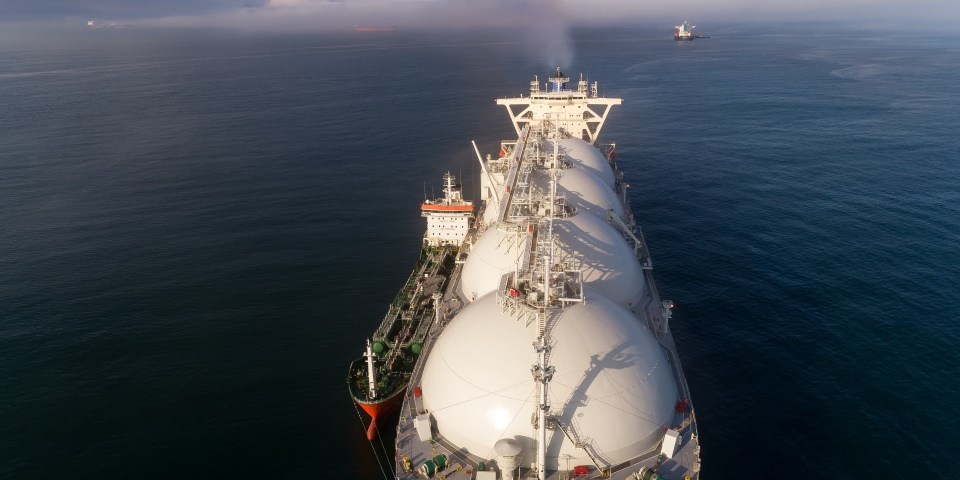So Barcelona bought Johan Cruyff for the world record-breaking transfer sum of 1 million euros. Suddenly, the future of Barcelona looked much brighter. But the transfer fee was so high, that the Spanish state did not approve. They denied Cruyff access to Spain. Barcelona finally got Cruyff into Spain by registering him as a piece of agricultural machinery.
The point is: even when the future looks bright, you still have to make it happen. This brings me to natural gas. The future of gas looks bright. This is good news, because the world needs natural gas to achieve the goals of the Paris Climate Agreement. But we still have to make this happen.
When I came to Gastech in April last year, I said the gas industry needed to do four things: One, encourage governments to introduce policies and regulatory frameworks which support cutting carbon emissions and cleaning the air we breathe. Two, continue to cut costs across the supply chain. Three, get to grips with our environmental footprint, including methane emissions. And four, relentlessly open up new markets for gas.
The point is: even when the future looks bright, you still have to make it happen. This brings me to natural gas. The future of gas looks bright. This is good news, because the world needs natural gas to achieve the goals of the Paris Climate Agreement. But we still have to make this happen.
When I came to Gastech in April last year, I said the gas industry needed to do four things: One, encourage governments to introduce policies and regulatory frameworks which support cutting carbon emissions and cleaning the air we breathe. Two, continue to cut costs across the supply chain. Three, get to grips with our environmental footprint, including methane emissions. And four, relentlessly open up new markets for gas.
Leakage rates can be lower
The industry is making progress, but there is no reason to be complacent. Let me focus on methane. The success of gas in the future, in large part, depends on its environmental advantage over coal. Comparing is complex and there are different models. If we take the most stringent model, according to IEA data, greenhouse gas emissions from natural gas are lower than coal in electricity generation up to a methane leakage rate of 3.5% when measured over 20 years.
Today, the IEA estimates that natural gas operations have an average methane leakage rate of 1.7%. According to the IEA, natural gas emits between 45% and 55% lower greenhouse gas emissions than coal. Leakage rates can be lower, so there is an opportunity for gas to expand this major environmental benefit.
This means the industry needs to continue addressing methane emissions, which can diminish the relative greenhouse gas emissions benefits of natural gas. The long-term role of gas in the energy mix depends on good measurement, transparency on and management of methane emissions. Methane emissions must be reduced throughout the entire gas supply system. That is why Shell formed a coalition of industry organizations such as like the Environmental Defense Fund, UN Environment, leading universities and the World Bank to develop a set of methane guiding principles.
Today, the IEA estimates that natural gas operations have an average methane leakage rate of 1.7%. According to the IEA, natural gas emits between 45% and 55% lower greenhouse gas emissions than coal. Leakage rates can be lower, so there is an opportunity for gas to expand this major environmental benefit.
This means the industry needs to continue addressing methane emissions, which can diminish the relative greenhouse gas emissions benefits of natural gas. The long-term role of gas in the energy mix depends on good measurement, transparency on and management of methane emissions. Methane emissions must be reduced throughout the entire gas supply system. That is why Shell formed a coalition of industry organizations such as like the Environmental Defense Fund, UN Environment, leading universities and the World Bank to develop a set of methane guiding principles.


